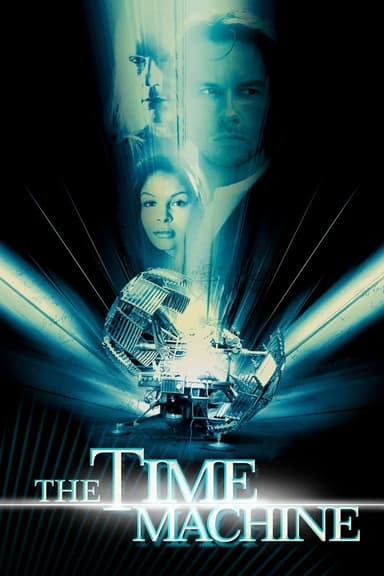
Amphibian Man
1961 • Adventure, Romance, Science Fiction
People living at a seashore town are frightened by reports of an unknown creature called "the sea devil". Nobody knows what it is, but it's really the son of doctor Salvator. The doctor performed surgery on his son and now young Ichtiander can live under water. This gives him certain advantages, but also creates a lot of problems.
Runtime: 1h 36m
Why you should read the novel
To delve into the imaginative origins of Amphibian Man, the original novel by Alexander Beliaev offers a richer and more complex experience than the screen adaptation. Reading the book allows you to explore the intricate scientific and ethical dilemmas Beliaev presents, particularly concerning the boundaries of human experimentation and the clash between natural and artificial environments. The novel weaves philosophical questions about identity, love, and society into an exciting adventure filled with vivid underwater worlds and complex characters.
Beliaev’s writing brings to life the South American settings and lends greater depth to the motivations of key figures, such as Doctor Salvator and Ichthyander. The characters' inner struggles are given more nuance, allowing readers to empathize with their conflicting desires for freedom, belonging, and ethical responsibility. The literary version’s social commentary is sharper and more incisive, reflecting on exploitation and human nature in ways that the film version only hints at.
Reading the source novel also provides the opportunity to appreciate Beliaev’s standing as a foundational figure in Russian science fiction. His influence on subsequent generations of writers and filmmakers is undeniable, and experiencing his narrative firsthand can foster an appreciation for the genre’s evolution. For anyone interested in classic science fiction or in the origins of amphibious hero stories, the novel is a must-read that surpasses a single viewing of the film.
Adaptation differences
One of the most significant differences between the book and the film adaptation is in tone and social commentary. While the novel addresses heavier themes such as societal cruelty, discrimination, and ethical responsibilities of science, the film chooses a lighter, more romantic narrative with a focus on melodrama and underwater spectacle. As a result, the moral and philosophical dilemmas faced by Ichthyander, Doctor Salvator, and even their oppressors are often simplified or omitted altogether in the movie.
Characterization is more nuanced in the novel. For instance, Dr. Salvator’s personality in the book is more ambiguous, sometimes bordering on the obsessive and amoral, as he prioritizes his scientific pursuits over Ichthyander’s welfare. The movie softens Salvator’s character, portraying him as a well-meaning if tragic figure. Similarly, the protagonist Ichthyander, in the book, struggles deeply with his dual nature and isolation in society, exploring his identity more introspectively than in the film, where his internal conflicts are more understated.
Plot-wise, the novel devotes significant attention to the scientific process that led to Ichthyander’s transformation, including failed experiments and the ethical implications of Salvator’s research. The movie, in contrast, glosses over much of this scientific detail, opting for a dreamy, fantastical depiction of Ichthyander’s abilities and the circumstances of his modification. Furthermore, the stakes for Ichthyander are more dire in the book; his struggles are more existential, centering around the tragedy of failed integration with the human world.
Finally, the book presents secondary characters such as Pedro Zurita in greater depth and with more complex motivations than the film. The melodramatic love triangle is less pronounced in the novel, and supporting characters often represent broader social themes, including greed, oppression, and the consequences of unchecked ambition. These multifaceted portrayals add layers of meaning and critique absent or simplified in the cinematic adaptation, making the novel a richer exploration of the story’s core themes.
Amphibian Man inspired from
Amphibian Man
by Alexander Beliaev










